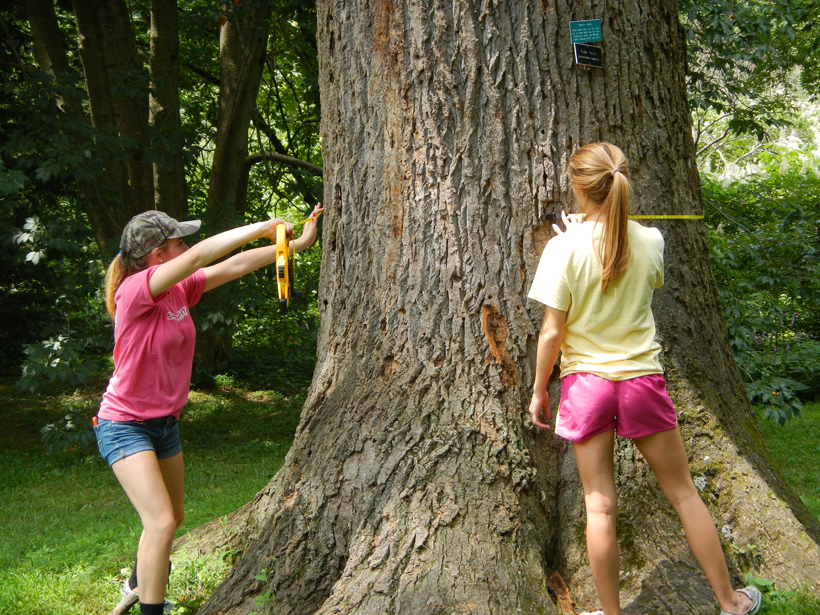No one likes an 8 a.m. chemistry lab featuring the same old experiments every year. Now a high-level committee of scientists and educators is offering insights into the challenges, rewards, and prospects of replacing “cookbook” lab work in undergraduate education with course-based research.
In 2012, the President’s Council of Advisors on Science and Technology declared that discovery-oriented research courses should replace standard undergraduate lab work. Then a convocation assembled in May 2015 under the auspices of the National Academies of Science, Engineering, and Medicine for a fact-finding mission. The group met to learn how educators are incorporating research into their undergraduate courses and whether those models can be applied across 2-year and 4-year institutions, at freshman to senior levels.
“Bringing research experiences into the academic year course structure will provide opportunities to reach many more students,” the committee stated in its report from the convocation, titled Integrating Discovery-Based Research into the Undergraduate Curriculum.
Hands-on Science
Niccole Cerveny, a geography professor at Mesa Community College in Mesa, Ariz., developed one of the models of undergraduate research highlighted in the December 2015 report. She believes undergraduate research should be heavily emphasized in course work.
Several years ago, Cerveny’s students spent time at the Deer Valley Petroglyph Preserve in Glendale, Ariz., where they studied natural weathering on Native American rock art. The students created a “weathering index” to help park managers strategize on preservation efforts. Because the research was tied so closely with the local community and culture, the students were much more enthusiastic about the hard work that comes along with scientific discovery.
“With my own experience in undergrad research, I just really feel strongly that it’s the best way to reach students.”
“Even if it wasn’t their own culture, there was meaning in engaging in the science,” Cerveny said. “They got positive results of being involved in science.”
As an undergrad, Cerveny herself experienced a research-based course and values it to this day. “With my own experience in undergrad research, I just really feel strongly that it’s the best way to reach students,” she said.
Challenges and Looking Ahead
The biggest challenge to integrating course-based research into undergraduate classes is “not adopting but adapting models” that already exist, such as Cerveny’s in Arizona, said Laura Guertin, an Earth science professor at Penn State Brandywine in Media, Pa., who was on the committee that wrote the report. Not every institution or instructor has the same financial or administrative opportunities, so strategies for integrating course-based undergraduate research must be flexible.
Not every institution or instructor has the same financial or administrative opportunities, so strategies for integrating course-based undergraduate research must be flexible.
Instructors must also adapt, Guertin said. With set lab exercises, instructors know step by step how an experiment will go and how the students will get there. But if you present students with an unknown research question, “that means you as an instructor have to give up some control,” Guertin said.
Guertin also pointed out other challenges, such as procuring financial aid for students, providing instructors with sufficient administrative support, and providing support to nontraditional students, such as single parents, those with disabilities, or those in the military.
Currently, the committee is meeting to develop a strategy to incorporate more undergraduate course-based research and will release a new report in the coming year.
—JoAnna Wendel, Staff Writer
Editor’s Note: To read a personal account about the 3-day convocation that resulted in the report, see Guertin’s three-part blog post on the AGU Blogosphere.
Citation: Wendel, J. (2016), Report stresses need for real research in undergraduate classes, Eos, 97, doi:10.1029/2016EO045439. Published on 3 February 2016.
Text © 2016. The authors. CC BY-NC 3.0
Except where otherwise noted, images are subject to copyright. Any reuse without express permission from the copyright owner is prohibited.

